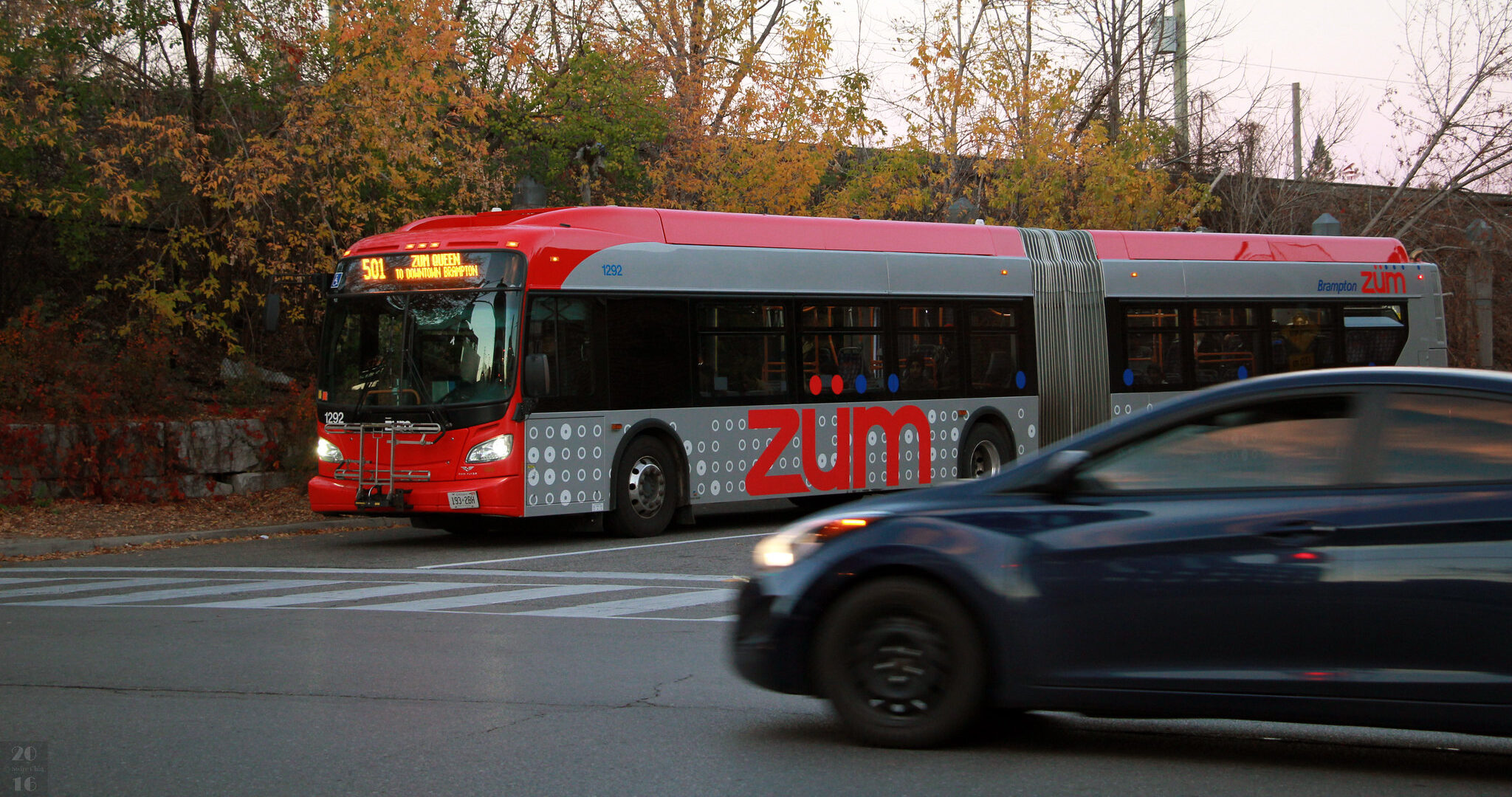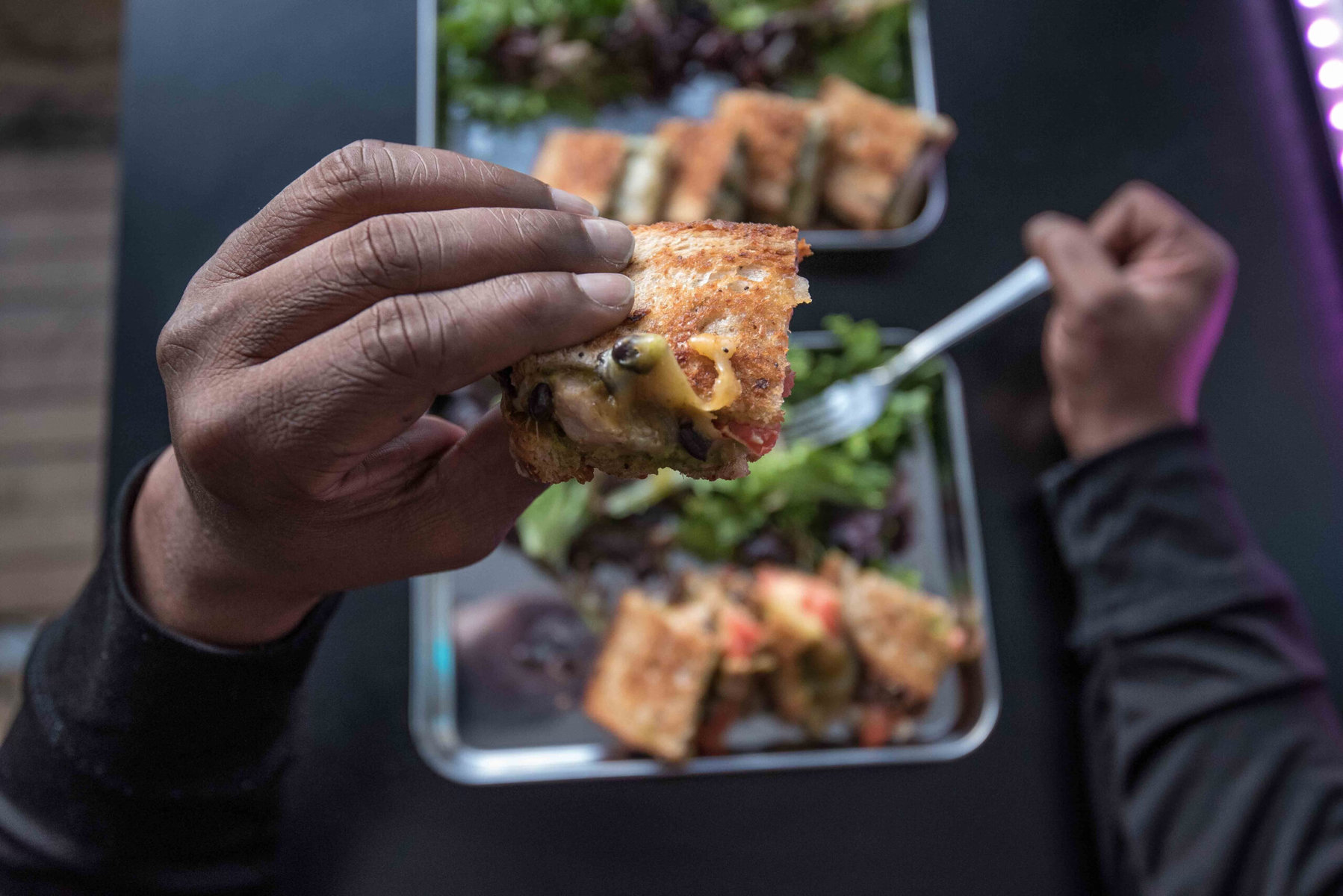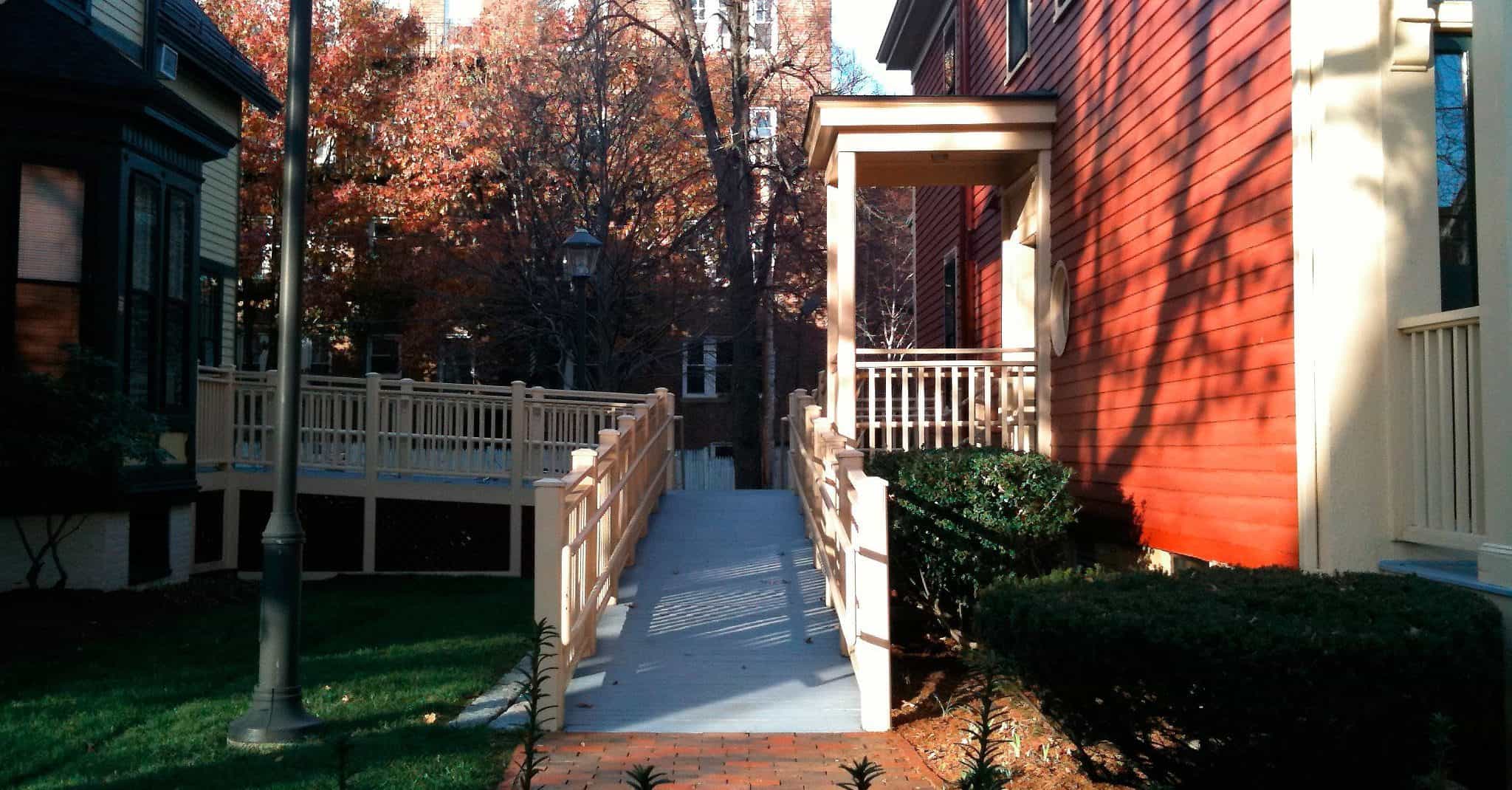This story was originally published on Next City and Richmond’s VPM News as part of the joint Equitable Cities Reporting Fellowship For Reparations Narratives.
When Michael Haggins’ credit score disqualified him for a mortgage preapproval in 2021, he was crushed.
A single father who grew up in Richmond, Haggins dreamed of owning a house in his hometown where his two sons could play freely. A shortage of just five credit score points — plus systemic inequities and a national housing crisis — left them all living with his mother.
But today, Haggins is the proud owner of a home in Church Hill, thanks to Richmond’s Maggie Walker Community Land Trust (MWCLT) and its pioneering model for creating permanently affordable housing.
“I don’t think I could’ve done it without their help, honestly,” says Haggins. Being selected for the community land trust’s lease-to-own pilot was a “blessing,” he says: “The program is geared toward helping individuals such as myself, who are right at the line of homeownership but can’t seem to cross it.”
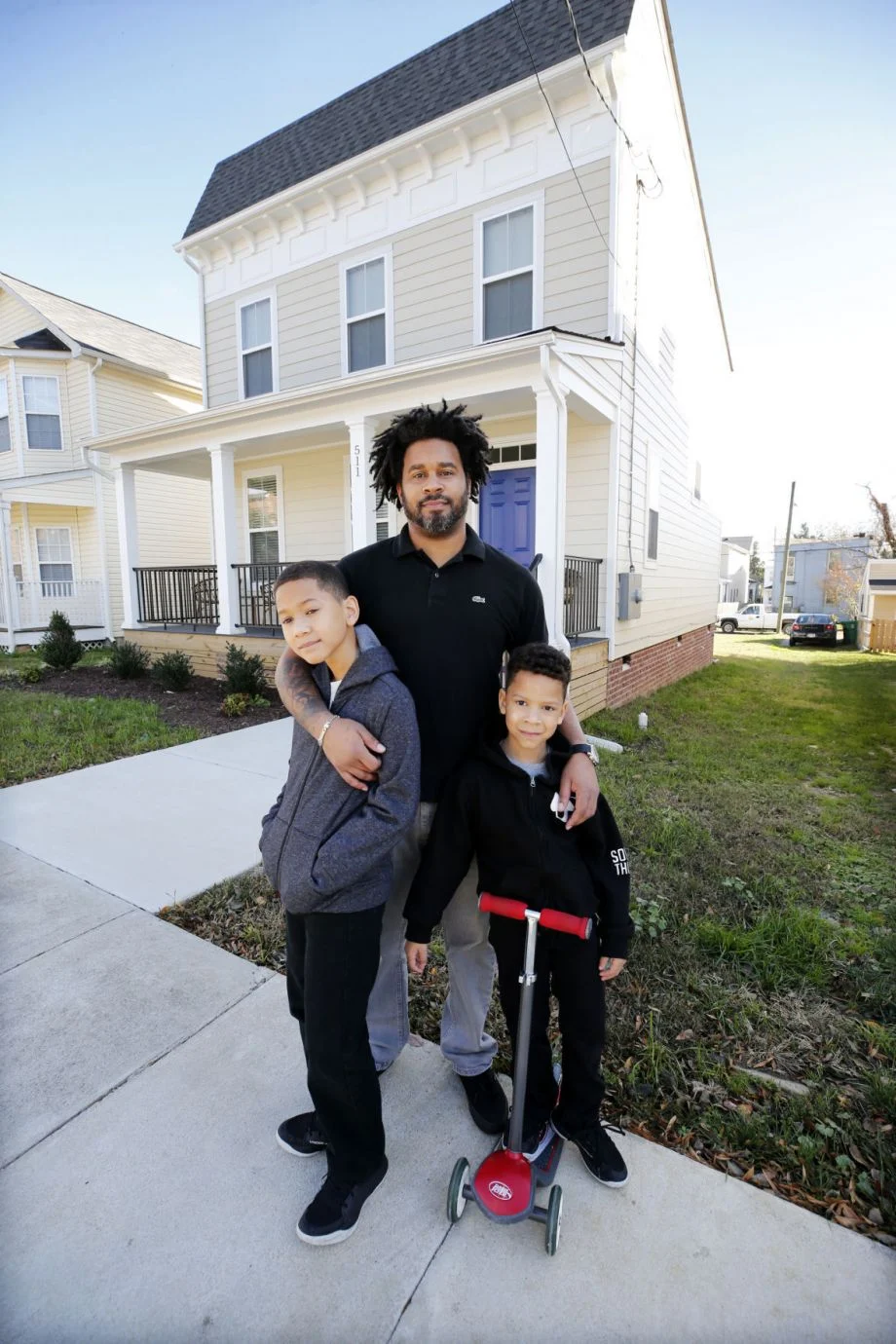
It’s all part of the land trust’s mission to develop and steward permanently affordable home properties to foster racially equitable communities, says Lark Washington, the MWCLT’s chief operating officer.
Since its founding, Richmond’s community land trust has sold 89 homes to income-eligible homebuyers, with a few more homes currently under contract and 150+ properties in their pipeline. They’ll be completing construction on their first subdivision, Ettrick Landing, in southern Chesterfield County about 30 minutes south from Richmond. The MWCLT is also undergoing infrastructure work for a 21-unit subdivision in nearby Henrico County.
It’s on pace to close on its 100th home in under a decade this coming fall — a pace enabled by its three-pronged approach to making homeownership more equitable and accessible.
A triple threat
From Kansas City to the Florida Keys, community land trusts (CLTs) are becoming more popular as an affordable housing solution.
In a CLT, a nonprofit organization owns the land beneath a home. Income-qualified homebuyers purchase the home rather than the land upon which it sits, reducing down payment and monthly mortgage costs. A 99-year renewable ground lease plus resale restrictions on homeowners ensure the home remains affordable, even to future homebuyers.
“We have an agreement on the resale price, should you choose to move,” Washington explains. “And you can stay in the home as long as you want. You can even pass down the home through the family, where you will set up part of the closing process.”
Weighed down by negative news?
Our smart, bright, weekly newsletter is the uplift you’ve been looking for.But the MWCLT isn’t just a community land trust. As a rare CLT that also serves as both a housing developer and a land bank, the MWCLT has developed a powerful approach to make housing affordable to more low- and middle-income Richmonders through private and public sector partnerships.
“We are the first land bank and land trust in the country,” Washington says. Land banks acquire and manage vacant and tax-delinquent properties and repurpose them for community needs. Like land trusts, they are an increasingly popular tool for creating affordable housing. But these entities rarely partner together, despite calls for increased collaboration.
In 2016, the Virginia General Assembly passed the Land Bank Entities Act, enabling localities to create land banks. Two years later, the city of Richmond appointed the Maggie Walker Community Land Trust as its designated land bank. In 2019, MWCLT also became the designated land bank for Chesterfield and Henrico counties.
“Most localities are sitting on lots of land, whether they’re tax-delinquent properties or they’ve owned parcels and they don’t know what to do with it,” Washington says. By allowing the MWCLT to develop homes on this land, localities can reap property taxes from otherwise unproductive land — and achieve local housing goals.
As a land bank in these localities, the MWCLT faces less competition for parcels, which streamlines the time it takes to complete projects. Plus, it helps the MWCLT make its homes more affordable for its buyers: The land bank is exempt from paying property tax on these parcels, which means it doesn’t have to take on those costs or pass them on to homeowners. Homebuyers do have to pay property taxes on the home they purchase from the MWCLT, but not on the land.
“That’s one of the things that most CLTs deal with, because most CLTs are not also land banks,” Washington explains. “The CLT homeowner owns this [house], but they also have to pay property tax on that land, even though they don’t have ownership of it.”
For many private developers, land can be up to 30 percent of the costs of a project, she says. “If a county comes in and says, ‘Hey, we’ll give you this land at a discounted price, or we’ll transfer it for free,’ that significantly lowers the price of the project,” she says.
That’s on top of sky-high construction costs — it can take $200,000 just to build a house, not even counting the price of the land, she says. But as a housing developer, the MWCLT is also able to subsidize these development costs.
Combating racial disparities
Today, the median home sales price in Richmond is around $385,000. “The cost of living is currently astronomical,” says Haggins, who is Black.
“It’s hard to find an affordable apartment, so the vast majority of people cannot even think about trying to own a home at this time.”
MWCLT is slowly working to change that. Its median home sales price sits at about $165,000. The organization targets homebuyers whose income level is at about 60 percent to 80 percent of the area median income; in 2023, the household median income for MWCLT homebuyers was about $52,000, 48 percent of Richmond’s area median income.
In 2022, the affordability gap of all first-time homebuyers in Richmond was about 4.8 times the median home price of $376,871, with a median income of $78,909, according to NerdWallet.
Those disparities have repercussions for the local racial homeownership rate. Data released in January by the Partnership for Housing Affordability shows that homeownership among Richmond-area Black households remains more than 25 percentage points below that of white households, at 49 percent.
“One of MWCLT’s goals is expanding equitable access to homeownership, and we have made great strides to increase Black homeownership in our programs,” says Washington. The organization says 79 percent of new homeowners in 2023 were people of color.
For her, this work is personal.
“My family, like many others, were impacted by the 2008 housing crisis and our home was foreclosed,” says Washington. Reading sociologist Matthew Desmond’s 2016 book Evicted pushed her to study urban planning at Virginia Commonwealth University and focus on Richmond’s eviction crisis for her master’s thesis. “I realized how housing has been used as a tool to systematically disinvest in Black communities and drain generational wealth.”
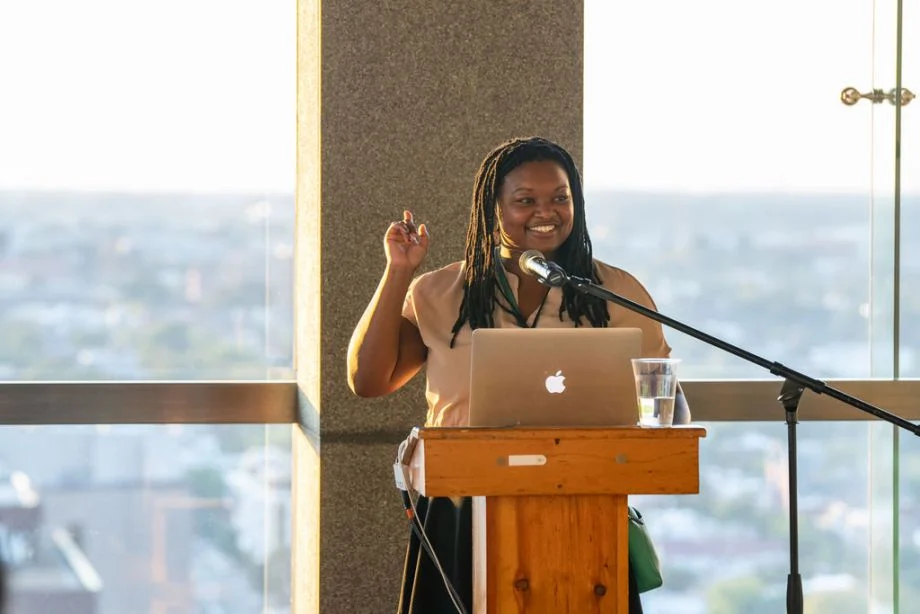
She went on to work for the Virginia Department of Housing and Community Development before joining the MWCLT in 2022, through her role at the small boutique consulting firm HDAdvisors. The Richmond-based firm founded the land trust with a group of housing professionals and continues to help operate the land trust today.
The group named the MWCLT in honor of Maggie Lena Walker, the first woman of color to establish a bank in America and an iconic figure in the city. The St. Luke Penny Savings Bank looms large in Richmond history as a powerful initiative to harness Black residents’ financial resources for the betterment of the community. By offering reasonably priced loans and mortgages to Black families, the bank empowered them to attain homeownership, launch businesses and build economic opportunities for themselves and succeeding generations.
From the start, CLTs have been a part of the effort to advance economic justice for Black Americans: The first CLT was born in 1970 in rural Georgia, as activists developed an agricultural community on land leased from a community-led nonprofit.
“It’s part of a legacy of civil rights advocacy of community land trusts, trying to have collective ownership for long-term autonomy and ownership of the land,” says Washington. “In that case, they were sharecroppers with farmland. We use the CLT model to extend affordable homeownership to folks that are priced out of the market.”
An incomplete solution
This year, the land trust plans to build 32 homes, including two subdivisions in Chesterfield and Henrico.
But it’s also a drop in the bucket of Richmond’s housing crisis. In part, that’s due to limitations from city zoning codes.
“Sometimes the zoning really dictates what we can build,” Washington says. “For instance, I would love to build more duplexes and attached homes, because that is cost-effective for us.” But zoning codes in Richmond or nearby counties can complicate their plans.
“We’ll have a parcel [where] we plan on building a few duplexes, and then we find out because of the regulations with zoning and the constraints there, it’s better for us to build two detached homes.”
While the land trust began by doing infill development and home rehabs in the city, it’s now begun working on larger-scale projects.
The land trust is currently collaborating with two Black-led nonprofits in Richmond, Girls for a Change and Happily Natural Day, with the aim of building a permanently affordable agricultural community in North Chesterfield. Called the Bensley Agrihood, the planned nine-acre housing development would be Virginia’s first affordable agrihood, or farm-centered neighborhood.
“We want to bring these high amenities to folk who are normally priced out,” Washington says.
Under the partners’ current vision, the walkable agrihood will include 10 affordable homes, four tiny homes for rent, a wellness center and a community incubator farm for the entire neighborhood.
In this case, access to land is not a concern; a parcel was donated to Girls For A Change. But to build the agrihood they envision, they’re fighting an uphill battle to rezone the land.
“I really wanted to think about ways of not just getting my girls from renting to owning, but with this partnership with the Maggie Walker Land Trust — how can we make sure that our girls had access [to housing] after you decided your career and you’re ready to buy a home?” explains Angela Patton, CEO of local youth development nonprofit Girls for a Change and a longtime resident of the Bensley neighborhood.
Other challenges include being unsure what the parcels can be used for when receiving them through the land bank. As MWLCT does not get to pick and choose the parcels it receives, it’s forced to spend thousands to conduct due diligence checks and research what it can feasibly do with each property.
“We would like more information on what we can do for those parcels, and I feel like that’s something the city can help us with,” Washington says.







